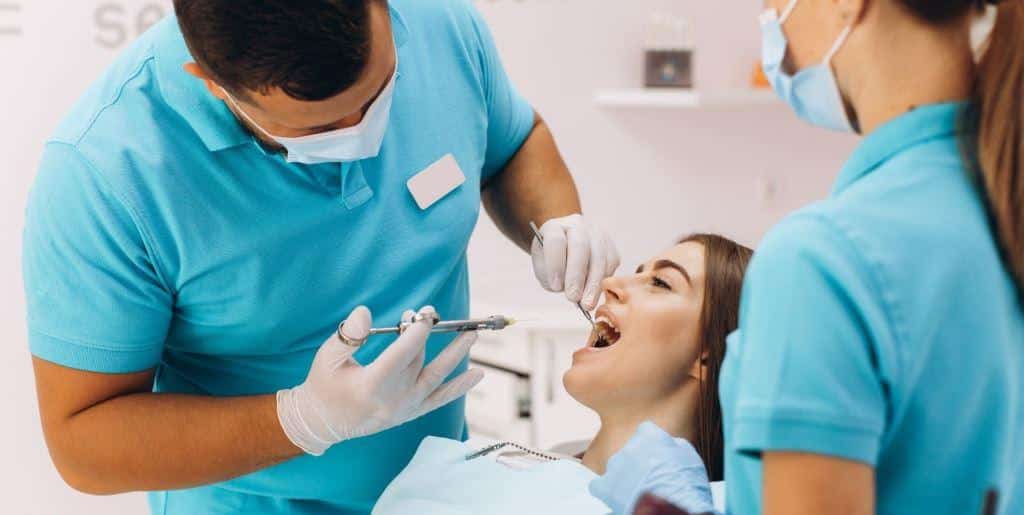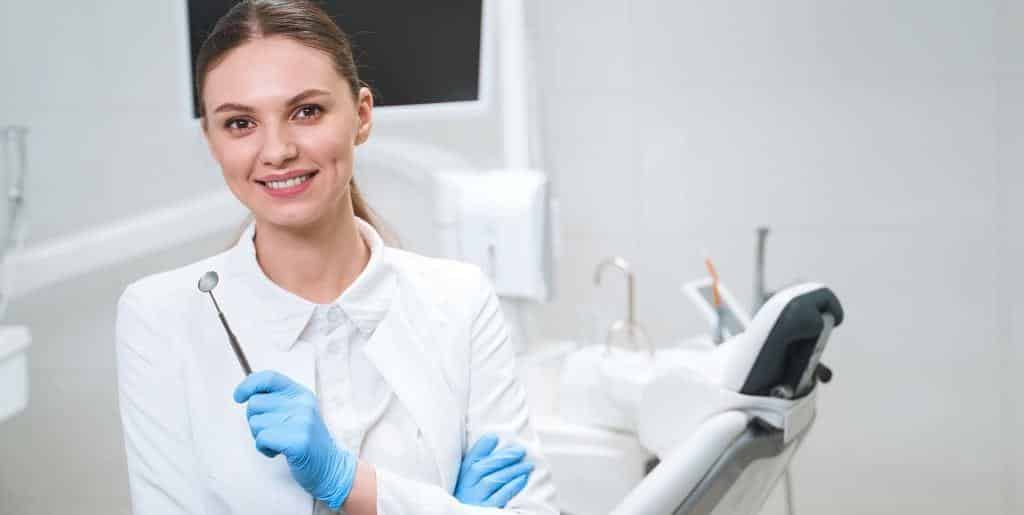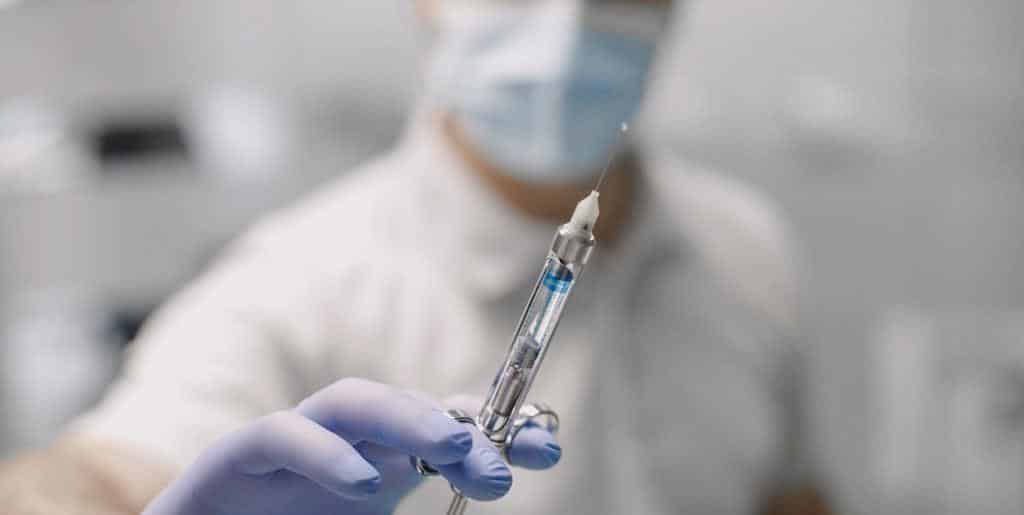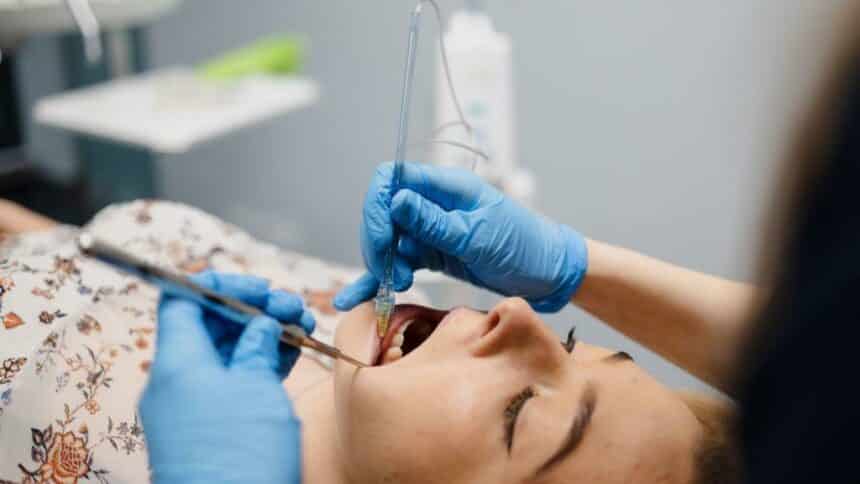Toothache is one of the most annoying and frustrating complaints. It makes everyday life difficult and trying to ignore it only leads to worsening of the condition of your teeth and often to serious complications. So how can we cope with the need to visit the dentist's surgery when we are paralysed by fear? We have already written quite a bit about this in our article on dentophobia: Anxiety about the dentist - how to deal with it. Today we're going to introduce you to what computer anaesthesia is in the UK, because the biggest barrier that stops patients from visiting the dentist is precisely the fear of a painful procedure.
IMPORTANT: Every patient is different and has different needs, so it is ALWAYS up to the doctor to decide when and what anaesthetic to administer during the procedure.
What is simple anaesthesia and what it entails
Local anaesthesia is still the anaesthetic of choice in dental practices. It blocks the transmission of pain stimuli from the mouth to the brain. As a result, the patient feels no pain and remains fully conscious.
The duration of action of the blockade depends on the type of agent, the dose, the method of administration and the patient's metabolism. It usually disappears after about two hours, but sometimes more slowly - sometimes only after several hours.
Problematic for the patient, however, is often the very moment of insertion of the anaesthetic needle. The reason could be a fear of needles, but equally it could simply be the pain felt during the injection. The reason could be the anaesthetic substance being applied, which ruptures the tissues. While for some patients this involves only a feeling of temporary discomfort, for others it turns out to be severe pain, even involving a panic attack.

What computer anaesthesia is in the UK
Computer-assisted anaesthesia involves the administration of an anaesthetic using a special applicator. It looks like a pen and is terminated with a thin needle to guarantee precision. So what is the key difference? Prior to the injection itself, the device dispenses a little anaesthetic onto the tip of the needle, which takes effect at the very moment of injection.
The speed of application is optimally chosen so that the drug absorbed evenly and painlessly, without any sensation of tissue distension. The dose of anaesthetic is dosed by a computer. If tissue resistance increases, the system will slow down or stop the administration of the anaesthetic before the patient experiences any discomfort. It is up to the dentist, however, to select the appropriate programme.

Advantages of computer-assisted anaesthesia
Apart from the obvious aspect of eliminating pain and reducing stress levels in patients, an undoubted advantage of computer-assisted anaesthesia is the lack of numbness and swelling of tissues after the procedure. Other advantages include high precision and the possibility of using it on children - it is a completely safe method.
When are they used?
Painless computer anaesthesia is successfully used in a wide variety of dental procedures:
- for caries treatment,
- for implant placement,
- hygienization (read more about hygienization in our article Dental hygiene in the UK),
- and even in root canal treatment
- whether in tooth extraction (you can read more about tooth extraction here: Tooth extraction in the UK - when is it necessary and how much does it cost).

How much does computer anaesthesia cost in the UK?
The cost of computer-assisted anaesthesia is slightly higher than for ordinary anaesthesia. However, the list of its advantages is so long and unquestionable that a patient who opts for this method at least once will never give it up on subsequent visits. Prices for all the procedures we offer are available in the price list tab: price list.
Is it worth it?
In summary, computer anaesthesia in the UK is one of the most modern solutions offered in dental practices. Its price is affordable and the patient comfort experienced through its use is simply priceless.
Nevertheless, it is worth remembering that the best way to avoid pain in the dental chair is simply regular check-ups, according to the principle: prevention is better than cure. Therefore, it is worth thinking about hygiene, about which we wrote in more detail in our article Dental hygiene in the UK.

